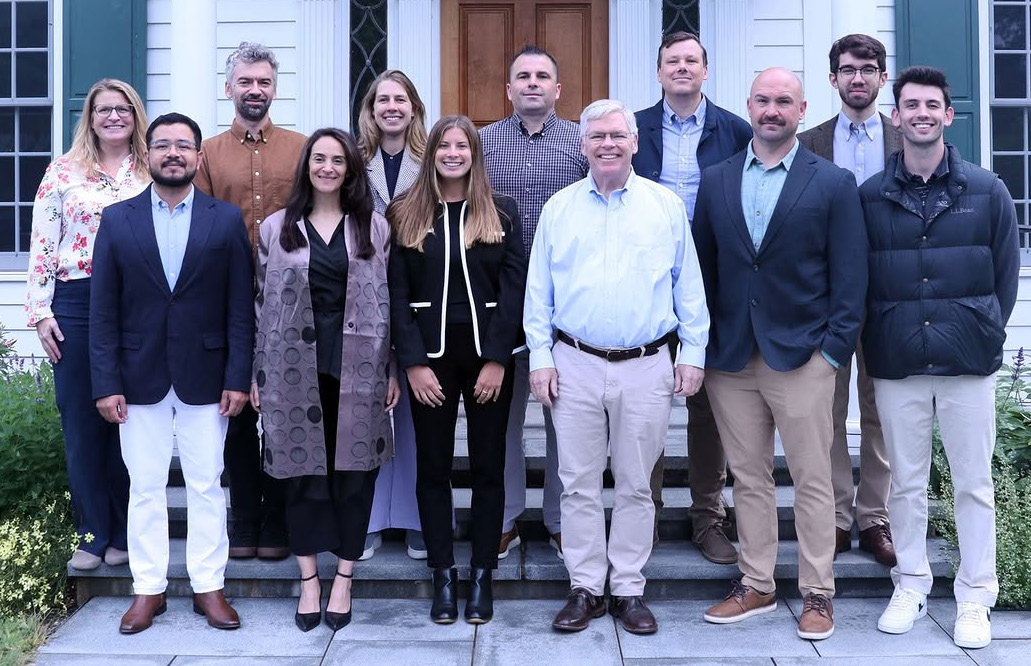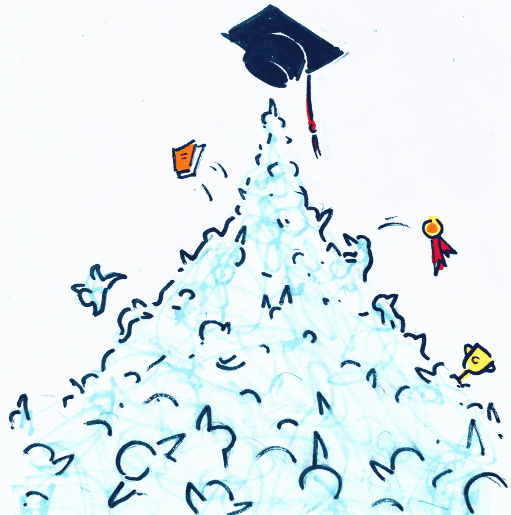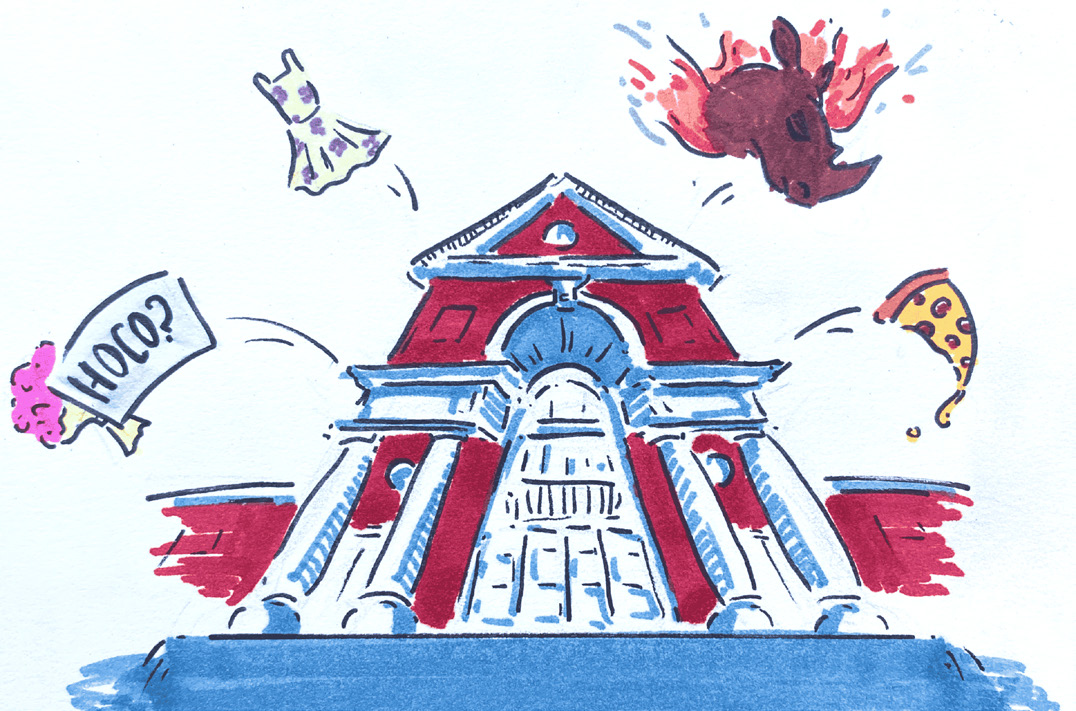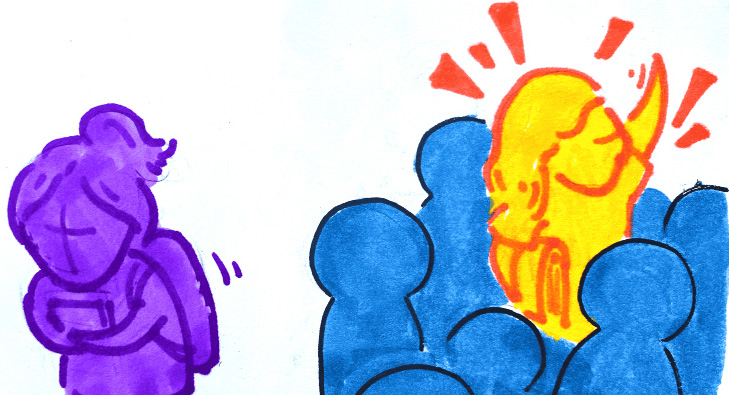Every generation inherits a culture—a set of deeply ingrained beliefs. These beliefs are not merely incidental opinions; they are the norms that completely shape our understanding of the world. We don’t typically question them until something causes us to stop and reflect.
However, it’s dangerous to stop critically assessing our dominant societal beliefs. Just because something is widely accepted doesn’t make it right.
The culture I find most pervasive in our world is the one that dictates what a “successful life” looks like.
From a young age, we are told that if we graduate, secure a stable job, and reach certain milestones, we will have “made it.” Achieving one goal just leads us to ask, “What’s next?” In this framework, success is a straight line to the finish. But life is rarely linear.
By all means, I value setting goals. With finals approaching, having clear objectives helps to keep me organized and focused. Still, I’ve come to understand that fulfillment doesn’t come from simply crossing the finish line. It comes from the work it takes to get there, especially when it’s difficult.
I have learned to get more satisfaction from the process than from external recognition. This shift in perspective was challenging, particularly because I tend to be a perfectionist. There are times when I’ve questioned whether I’m “good enough” out of fear. We often procrastinate as a response to fear. I tell myself I need a break or I’ll feel more motivated later, but that only creates more stress. The term for this, “stress tax,” describes how avoiding work by “relaxing” creates a mental toll that comes back to bite.
The simplest way to break this cycle is to take action, even if it’s just starting with a small task like opening a textbook. Success doesn’t wait for the perfect moment; it occurs when you do things despite feeling uncertain or anxious.
Psychologists Matthew Killingsworth and Daniel Gilbert note that nearly half of our thoughts are either focused on past mistakes or concerns about the future, leaving little room for the present moment. They explain that a wandering mind can contribute to unhappiness.
When I focus on the task at hand—whether it’s a flashcard or a specific concept—I feel clearer and more grounded.
Ultimately, I’m trying to focus on the present. Rather than worrying about the grade on my finals or the opportunities I hope to secure, I’m concentrating on the tasks right in front of me.
This is where my life is happening, and it deserves my full attention.











